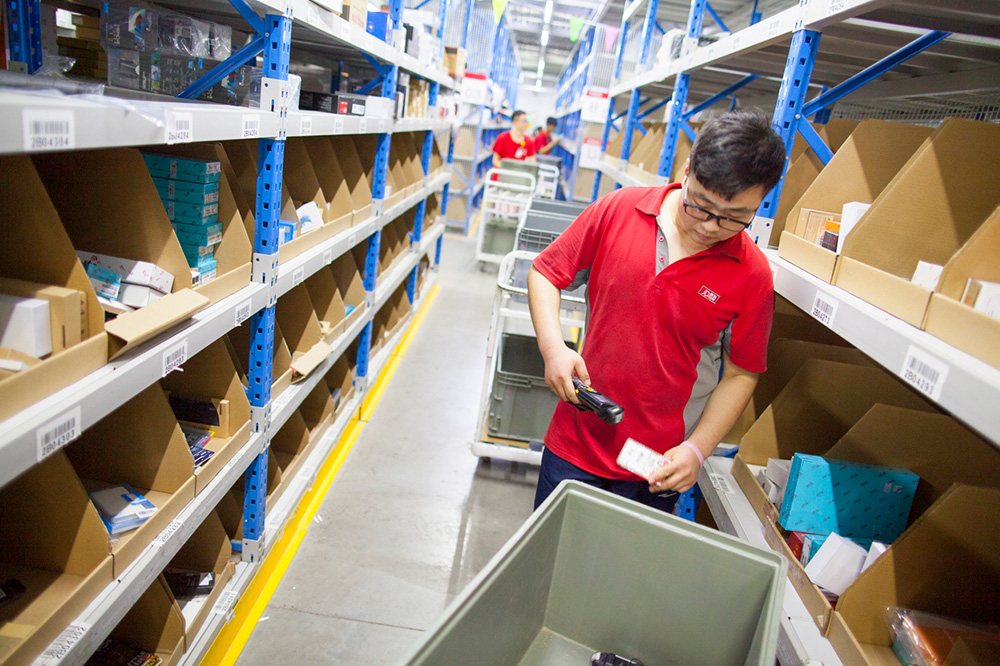Much has been said about the disruptions and impacts caused by Covid-19. As the world starts to open up and recover, supply chain delays continue for a variety of reasons, be it a shortage of components, delays in shipping, as well as the continued high price of shipping.
A recent report by Citi and the Economist Intelligence Unit (EIU) showed that global supply-chain managers have put in more effort in digitalising their supply chains since the pandemic started. Out of 175 managers surveyed, 32.5 per cent spoke of increased investment in digital tools or processes. 40 per cent of managers in Asia spoke of increased digitalisation investment, more than in Europe and North America. More than ever, visibility and new channels to access customers is critical to responsiveness and resilience. There is a pay-off to that digitalisation, in both creating efficiencies, as well as gaining new customers and creating new business models.
Simplifying the digitalisation approach
One potential area is in helping small and medium enterprises (SMEs) in Asia gain technical capabilities in digitalisation. These SMEs may recognise the need for transformation, but lack the resources to do so.
Adera Global’s subsidiary Nufin Data provides supply chain financing based on verified invoices. As many of the smaller suppliers did not have system integration capabilities, Nufin started the companies with uploading their invoices in PDF format into a cloud-based system for verification. By providing an option for a step approach to usage of the financing platform, Nufin made the onboarding of small suppliers easier. Suppliers can also connect to the platform via system integration to get a seamless digital document flow. This allows companies to send electronic invoices to the buyers, while also using the invoice for supply chain financing.
Creating new channels to access customers
SCash is a Singapore-based startup which provides software apps for retailers to create mobile shopfronts via QR code easily. This initiative was started as many of the small retailers were not familiar with the use of computers, and also did not have enough time to cater to tourist groups coming in to purchase items. The QR codes created for individual products can be scanned for purchasing. This makes the purchasing process easier for consumers rather than purchasing on the website. The products and QR codes can also be publicised on the retailers’ own social media groups. This helps them in digital marketing to their own specific network.
Improving response time to market changes
Such digitalisation initiatives not only improve efficiency of the business processes, they also help in creating new value and business opportunities.
Fashion Deepblue Technology Inc. is a company based in the United States and China that aims to support companies in the retail supply chain from design to market. It provides a data-driven platform using artificial intelligence and industry expertise to predict fashion trends by analysing fashion shows, social media, pictures and articles. This information can be customised for specific types of clothes or countries. This helps store owners with their merchandising, and clothing manufacturers in creating samples, allowing them to respond faster to changes in customer demand. It also provides a collaborative platform where companies can track their store and assortment performances.
Companies are continuing to innovate on supply chains. While these initiatives are ongoing, Covid-19 has also accelerated the adoption of new technologies and made the need for visibility and adaptability more urgent.
The article is an abridged version of the one first published in The Business Times.




